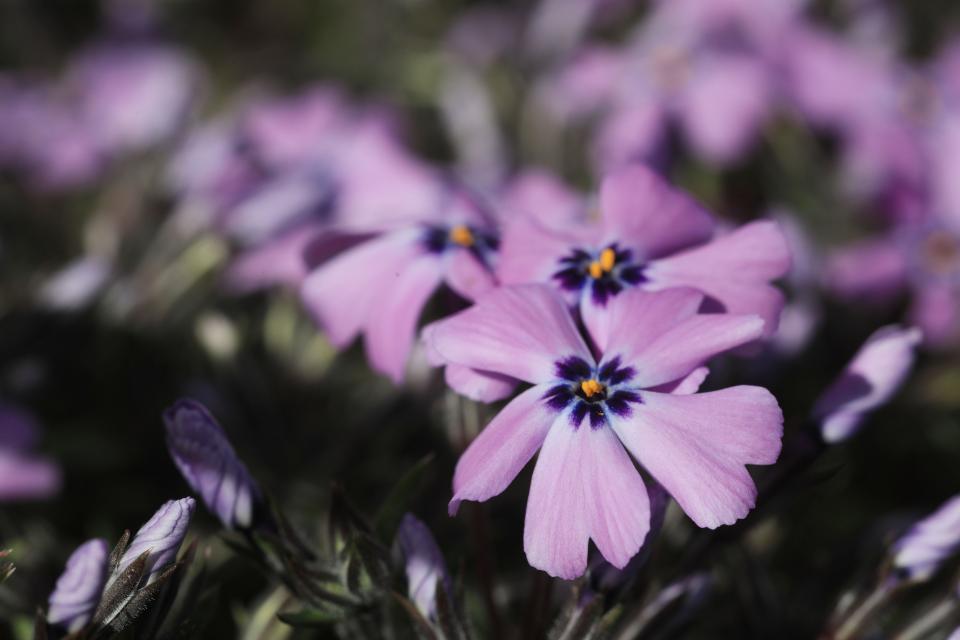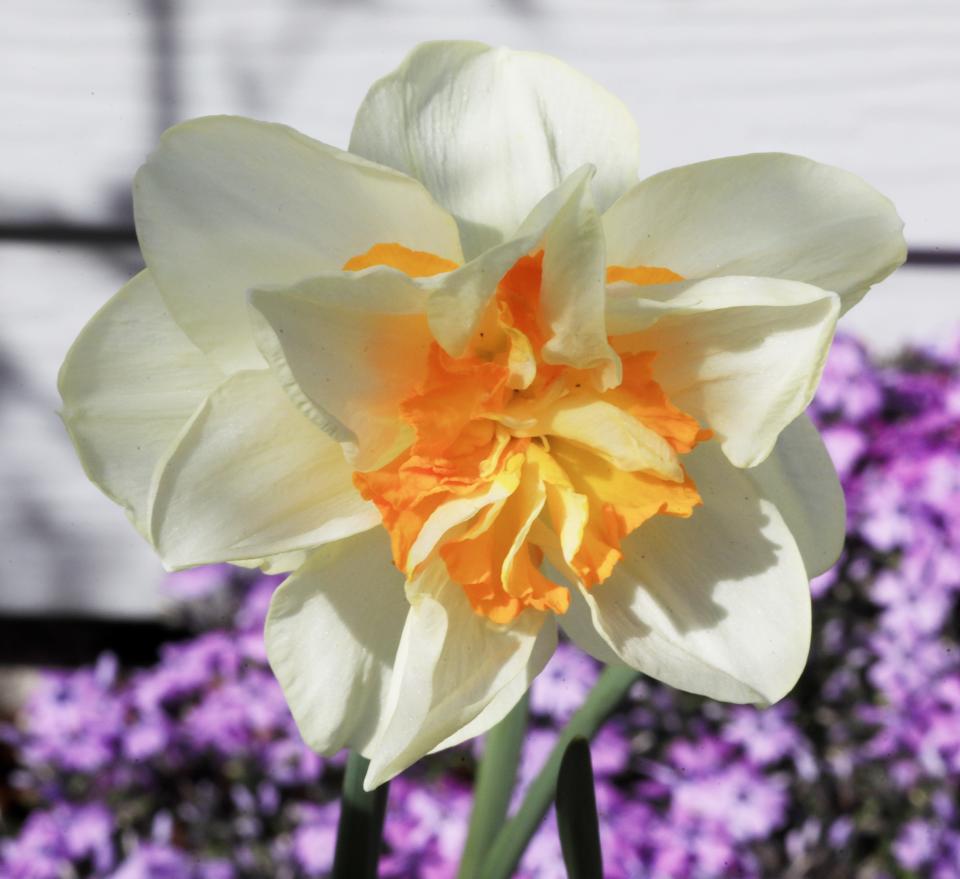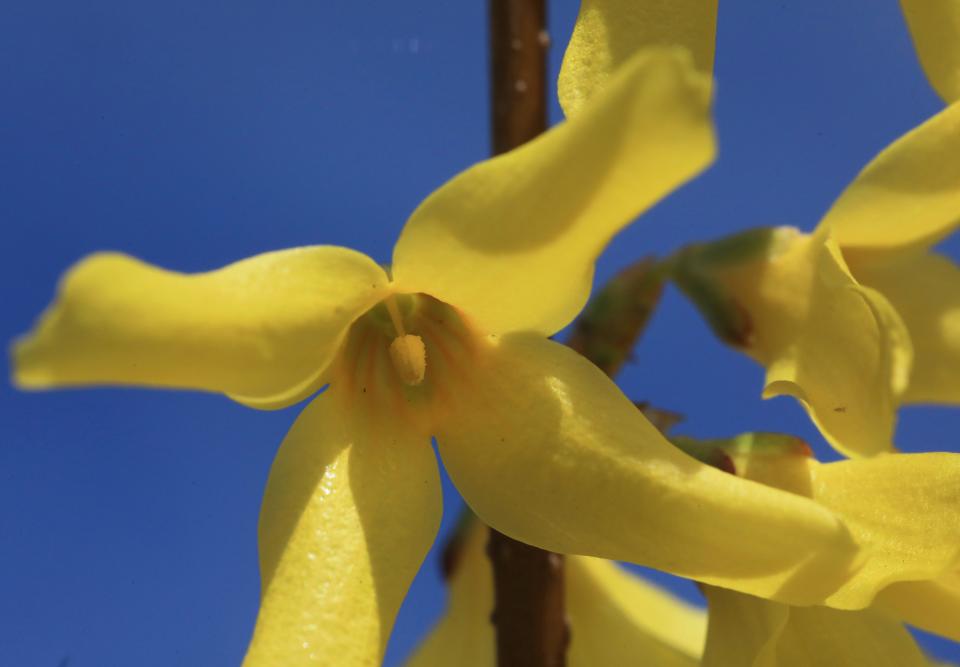Allergy season started early in the Hudson Valley this year. What to know
If you experience seasonal allergies, you may have noticed symptoms earlier than usual this year. You're not alone.
Seasonal allergies affect one in four Americans, according to the Centers for Disease Control and Prevention, about 85 million people.
The list of symptoms associated with seasonal allergies feels almost endless, and Dr. David Resnick, associate clinical professor of allergy at Columbia University who currently practices at Optum in the Poughkeepsie area, noted itching, sneezing, post nasal drip, clear runny nose, watery and itchy eyes as the most common.
Dr. Reed Idriss, medical director at Nuvance Health-GoHealth Urgent Care Idriss also adds interrupted sleep as another symptom of seasonal allergies.
When the weather gets warmer earlier in the season, as it has in the mid-Hudson Valley in 2024, allergens emerge with it.
"I see patients worn down by allergies," Idriss said in an email statement, "but there are plenty of ways to help."

What causes seasonal allergies?
Resnick explained the sequence of events that prompt an allergic reaction. If too many IGE (immunoglobulin E) antibodies are produced, and they land on the allergy cell called a mast cell, exposure to an allergen will prompt the mast cells to release histamine, along with many other chemicals, causing an allergic reaction.
"Allergies are caused when your body mistakes pollen for a threat. A mass of immune cells come to the rescue, causing an inflammatory response," Idriss wrote.
In the case of seasonal allergies, the reaction usually presents as sneezing, itching and watery eyes, among other symptoms.

When do seasonal allergies occur in the Hudson Valley?
Seasonal allergies begin as soon as pollen season starts. The first part of allergy season is caused by tree pollen, which then continues to grass pollen and ends with pollen from weeds.
"The spring allergy season starts off with trees and eventually it turns into more of the grasses as you get deeper into the spring and summer months," Resnick said.
Warm weather that hit the Hudson Valley early in March may have gotten the ball rolling sooner for pollen this year.
"We're thinking that it's going to be a worse-than-the-usual allergy season," said Tom Kines, senior meteorologist for AccuWeather.
Those who suffer from allergies may be able to find relief when it rains, though. "The good news is that usually when we get a decent amount of rain, it kind of cleanses the air," he said.
Still, he said, it's sort of like a double-edged sword. While the rain may help for a few days to cut down pollen counts, at this time of year it will also help the trees and flowers blossom.
For a daily look at pollen in the mid-Hudson Valley, AccuWeather tracks the tree pollen scale on its website.
Who is most susceptible to seasonal allergies?
If you have seasonal allergies, there's also a good chance your children may inherit them too. "It is definitely genetic," Resnick said. "If both parents have an allergy, there's a good 75% chance each child will have an allergy."
If only one parent has allergies, Resnick said there is more likely to be a 40% chance their children would have them, and pollen allergies usually appear when children are 3.
Besides genetics, it also has to do with where you live.
"If you're living in an environment where there's very low amounts of trees and grass, you're less likely to have symptoms," Resnick said.

Mitigating the allergic reaction to pollen
Resnick said the only true way to stop exposure to pollen is to stay indoors, keeping the windows and doors shut.
Controlling your environment will also help minimize allergic reactions, Idriss said. At home, he suggests indoor air filters and vacuum cleaners with HEPA (high-efficiency particulate air) filters, to remove pollen particles that may get inside.
"In the car, keep windows up and air conditioning set to recirculate filtered air, rather than bringing in pollen from the outdoors."
Idriss also recommended minimizing outdoor time when pollen counts tend to peak — early in the morning and on windy days.
More: 2024 partial solar eclipse seen in mid-Hudson Valley on Monday: Recap
Talking with your healthcare provider
If seasonal allergies are starting to affect your quality of life, there are steps that can be taken to provide relief.
Over-the-counter medications including levocetirizine, cetirizine, fexofenadine and loratadine are commonly used to treat allergies, along with decongestants, nasal sprays, saline rinses or eye drops. These options may not be right for everyone, and your doctor can help decide the best course forward, including a long-term plan and treatment for allergies that are especially severe.
"If someone's having any cough or wheezing, they should really see an allergist, so they can get on inhalers that are not over the counter to help get through the season," Resnick said.
Idriss also recommends testing to pinpoint allergy triggers. "A diagnosis can help patients pursue long-term strategies such as allergy shots or sublingual — under the tongue — allergy tablets, which desensitize the immune system by exposing it to very small amounts of the allergen," he wrote.
Regarding allergy shots, it's typical to receive weekly shots for several months, Idriss noted, followed by a maintenance phase of monthly shots that can last for three to five years, with approximately 85% of patients experiencing relief.
"While there is no permanent cure for allergies, we can help you find effective strategies to cut suffering," Idriss wrote.
This article originally appeared on Poughkeepsie Journal: NY early spring brings 'worse than usual' allergy season. What to know

